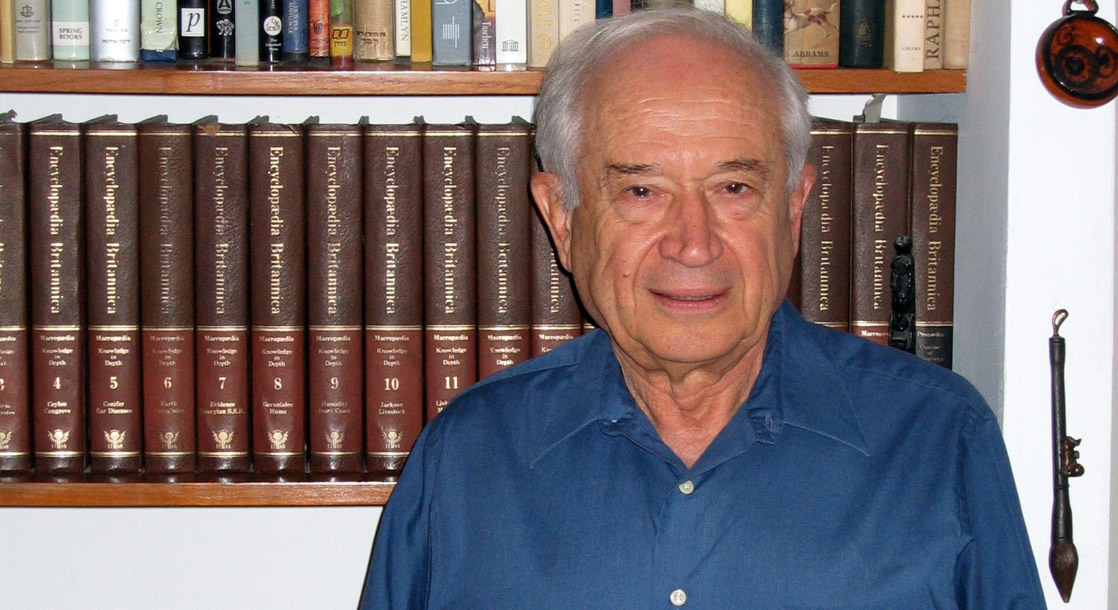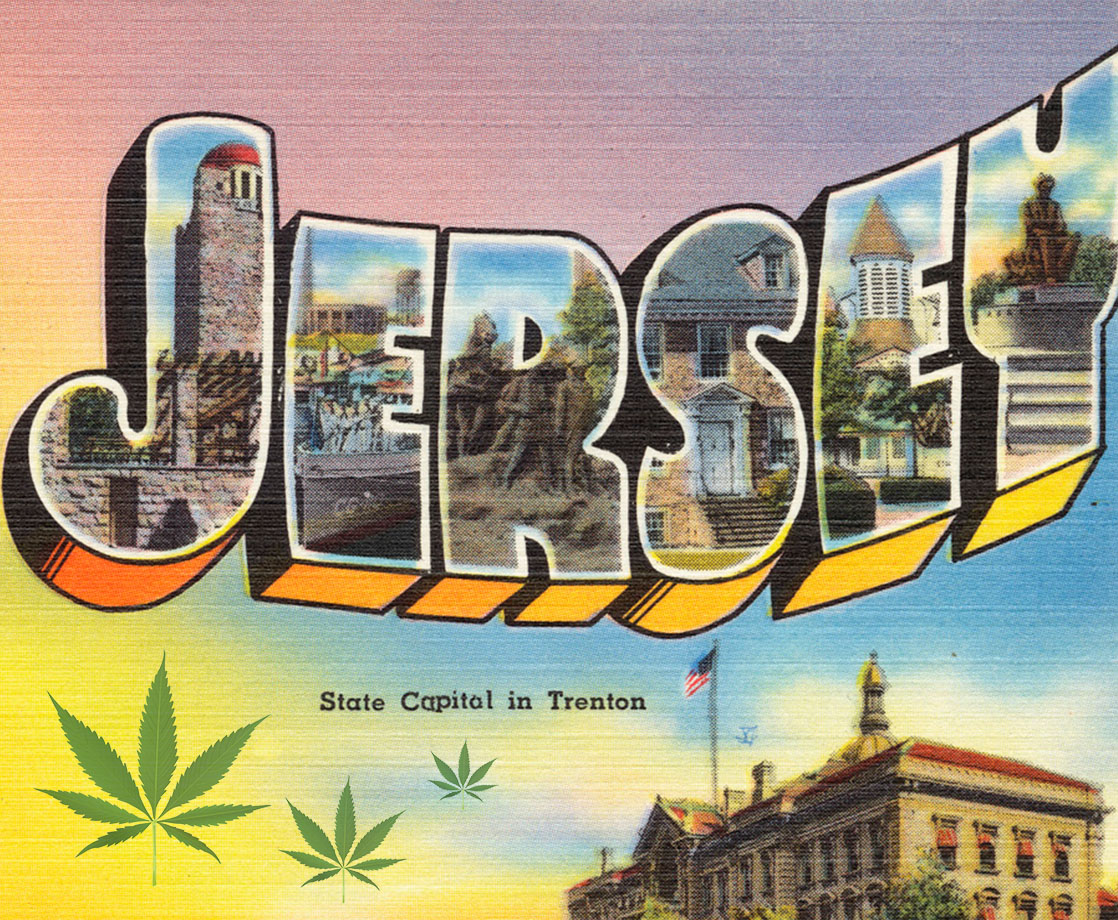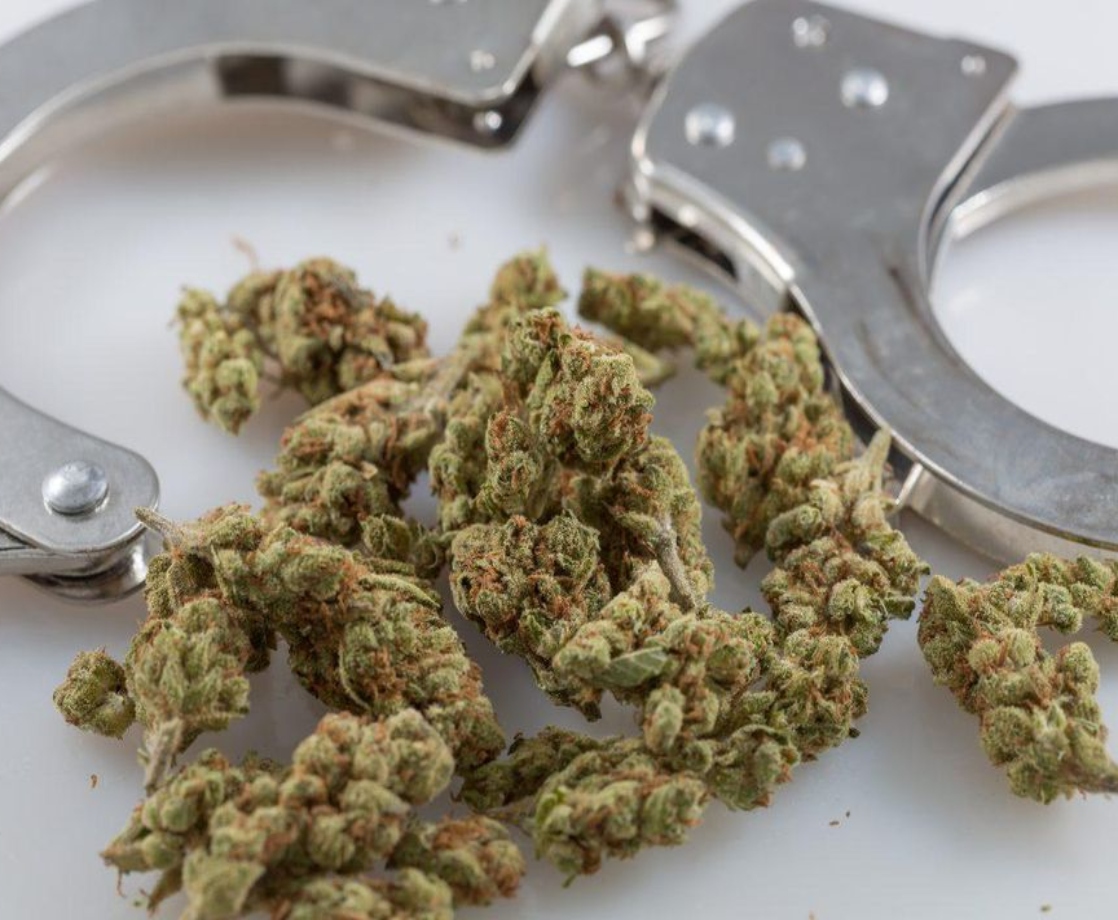Raphael Mechoulam, known as the “Father of Cannabis Science,” died at 92 years of age, Analytical Cannabis reported.
Mechoulam’s friends and associates announced the news online.
“This is a very sad day for me, for the science community and for the cannabis community,” said Mechoulam colleague David Meiri in a March 10 online statement. “Professor Raphael Mechoulam or as we called him Raphi, was one of the greatest scientist I ever met and was my teacher and mentor in many aspects. I truly believe he was deserve a Nobel prize!
“Thank you Raphi for all the great things you did and discover in your life and thanks for all the help and support you gave me,” Meiri continued, according to Analytical Cannabis. “Rest in peace my dear friend.”
Mechoulam’s groundbreaking cannabis research career began in the 1960s, when he became one of the first scientists to identify, isolate, and synthesize THC, the component of cannabis responsible for the plant’s characteristic buzz.
The first scientist to name and predict THC’s structure, or shape, was American chemist Roger Adams in the 1930s. However, Adams believed CBD was the compound in cannabis largely responsible for its effects, not THC.
In 1964, Mechoulam and his research partner Yechiel Gaoni actually proved THC was what got people intoxicated, not CBD. Mechoulam and Gaoni did this by using technologies which, at the time, Adams did not have.
According to Mechoulam, he took a leap of faith to prove THC was cannabis’s principal molecule by first synthesizing it artificially in a lab. He then dosed himself on it by infusing it into cookies, establishing once and for THC’s top spot in the world of weed.
Mechoulam would then go on to make cannabis science his life’s work. Besides contributing mountains of evidence that cannabis could be medicine, he also predicted the discovery of the endocannabinoid system (eCB).
The endocannabinoid system is a physiological system found in every mammal on Earth, including humans. It’s responsible for maintaining balance, or harmony, between all of the other physiological systems, such as the nervous system and the immune system.
Mechoulam suspected that if the human brain reacts to THC by getting high, then there must be receptors, or special cellular proteins, which evolved to react to the plant molecule. In 1988, a research team led by Allyn Howlett and William Devane discovered the first endocannabinoid receptor in mice, later dubbed CB1.
By 1990, a team led by Lisa Matsuda determined the DNA sequence of CB1. This discovery helped Mechoulam, Howlett, and Devane to find the first endogenous cannabinoid, or endocannabinoid, naturally produced by mammalian bodies. Mechoulam named the endocannabinoid anandamide, which comes from Indian Sanskrit for “bliss.”
Eventually, scientists would uncover the endocannabinoid system was responsible for a lot more than just getting mice and humans stoned. The eCB system also regulated mood, immune response, inflammation, and appetite. And after the stunning failure of rimonabant, a so-called miracle diet drug which blocks the CB1 receptor, we understood the eCB system also regulates our very will to live. (Rimonabant is no longer prescribed as a diet drug because it triggered a wave of suicides in Europe after its launch.)
Mechoulam spent much of his later years advocating for medical use of cannabis. During his decades of research, he investigated cannabis as a potential treatment for cancer and life-threatening seizure disorders. Although he did not openly support recreational use of the plant, he believed it should be permitted as a medicine.
The medical marijuana movement, which began on the US East and West Coasts at the height of the AIDS epidemic, depended largely on Mechoulam’s ongoing work. So, from everyone who’s ever been a part of the cannabis community, we salute you, Raphael.
And yes, your work was more than deserving of a Nobel Prize. Thank you. Forever.
Cover image via











